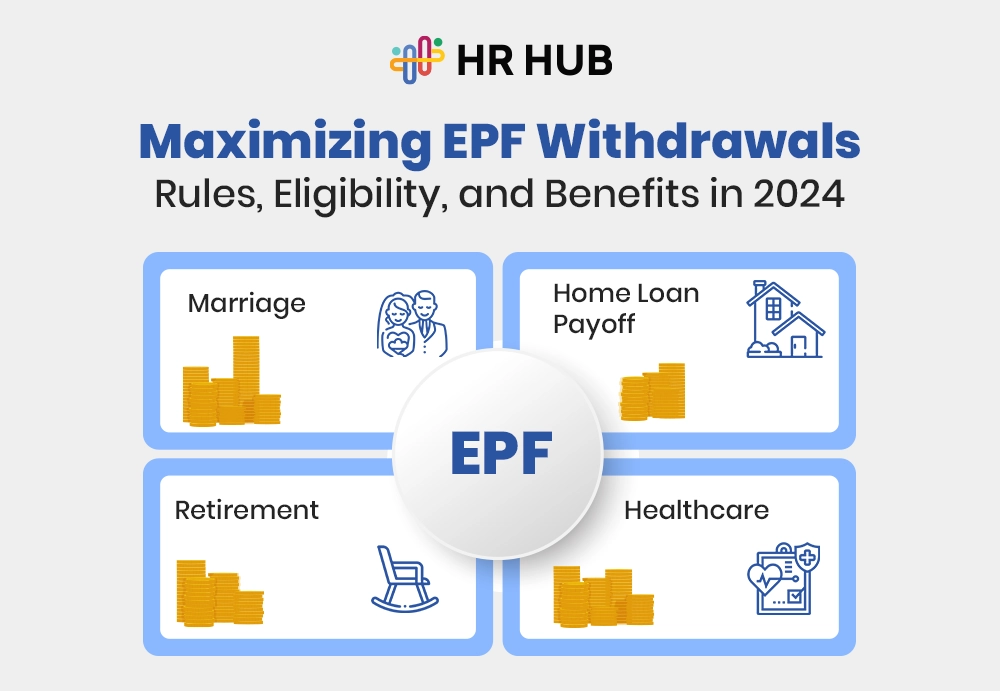The regulatory environment is becoming increasingly complex daily, and business enterprises of all sizes are finding it tough to keep up with changing laws and regulations. Fast-growing technology advancement, globalization, and the continuously changing landscape of business operations require an element of futurism regarding compliance management.
The role of compliance management will witness many changes in the years to come because of technological innovations and growing integrated compliance strategies. In this post, we shall talk about how compliance management is changing, some emerging trends, and what businesses can do to prepare for these many changes through some of the best compliance management software.
What is Compliance?
Compliance refers to adhering to laws, regulations, guidelines, and specifications relevant to a business or organization. It ensures that the company’s practices align with legal and regulatory requirements to avoid penalties, legal consequences, and reputational damage.
Compliance is crucial in maintaining ethical standards and ensuring smooth operations within the boundaries of the law.
The Future Path of Compliance
Discover key trends, innovative tools, and strategies businesses must adopt to stay ahead in an increasingly complex regulatory environment.
1. The Current State of Compliance Management
Compliance management is, in fact, an involved, complicated process today because many regulations, standards, and laws have to be adhered to within any business's operational scope.
In the traditional setup, compliance is effected via a reactive process, which means that a business reacts to regulatory changes as they occur. However, this process is becoming very hard to sustain realistically as the volume and complexity of regulations continue to grow.
Organizations are beginning to realize that staying ahead of the requirements becomes increasingly necessary as the only way of avoiding penalties and the axe of being in business.
The development in compliance management is driven, to a large extent, by the introduction of the best compliance management software. This software mainly automates the different elements of compliance, including tracking modifications within regulations, document management, and reporting. As such, the tools and strategies will follow compliance management as a moving target because the compliance aspects will also change over time.
2. Emerging Trends in Compliance Management
Several trends already emerging have a high potential to shape the future of compliance management. It is this understanding of the trends that would allow any business to prepare changes for maintaining compliance in an increasingly complex environment.
-
AI and Machine Learning
Artificial Intelligence and Machine Learning can be central to developing compliance management. These technologies can analyze a huge amount of data for pattern detection, predict possible compliance risks, and automate decision-making processes.
AI and ML are transforming compliance management by enabling real-time analysis of vast data sets to detect patterns and predict risks.
For example, in financial institutions, AI can identify unusual transaction behaviors that may indicate money laundering, flagging them for further investigation. By learning from historical data, machine learning algorithms also predict future compliance risks, allowing proactive measures. Additionally, AI automates routine compliance tasks, such as generating reports, allowing compliance officers to focus on more complex issues.
-
Integration with Other Business Systems
As businesses digitize their strategies, the realization is increasingly that an integrated compliance management system has become necessary. The best compliance management software would no longer be operating in isolation but as a single system integrating payroll processing software, human resource systems, financial management tools, and other business systems.
It can establish a holistic approach to compliance, wherein data from different departments may be analyzed and used to ensure the whole organization's adherence to regulatory requirements.
-
Focus on Data Privacy and Security
The key areas of compliance management include data privacy and security, followed by new data protection regulations such as the General Data Protection Regulation (GDPR) and the California Consumer Privacy Act.
In later development, the compliance management software should ensure high security for data through encryption, safe data storage, and access control. Best practices in data governance have to be implemented in a way that ensures all the personal and sensitive information of any business is handled in a manner that is in tune with applicable regulatory frameworks.
-
Shift Towards Continuous Compliance
The days of perceiving compliance as a periodic activity are long gone; businesses conducted audits and assessments annually or bi-annually. Continuous compliance, in which a business keeps a constant view of its compliance status in real-time, characterizes future developments in compliance management.
This will involve utilizing advanced compliance management software, which can provide real-time insights and alerts. This will allow businesses to address issues that may arise and remain compliant continuously quickly.
-
Increased Regulatory Scrutiny
This will continue to rise with the increased vigilance that governments and regulatory bodies exercise over businesses. This translates to stricter enforcement actions that attract heavier penalties for non-compliance. As such, businesses will have to invest in the best compliance management software, which has the capacity to keep up with changes in regulations while avoiding punitive penalties.
3. The Role of Compliance Management Software in the Future
In light of these trends, compliance management software will be at the core of future compliance. That being said, not all compliance management software is created equal, and businesses will have to carefully assess options to pick out the best software in the market to address their specific needs.
-
Automation and Efficiency
Compliance management software is a methodology that offers many advantages, especially in automating repetitive and monotonous tasks like tracking changes to regulations, managing documentation, and preparing reports.
Shortly, one of the best compliance management software will incorporate even more advanced automation via AI- and ML-driven predictive insights and automated decision-making capabilities, improving efficiency while reducing the risk of human error and ensuring that a business complies all the time.
For example, a global institution using compliance management software can automate the monitoring of regulatory changes across different countries. Instead of manually tracking each update, the software, powered by AI and ML, automatically detects and analyzes relevant changes, updates the necessary documentation, and generates compliance reports.
If a new regulation requires immediate action, the software can even predict the impact on the business and suggest the best course of action, ensuring continuous compliance without human intervention.
-
Real-Time Monitoring and Reporting
Where continuous compliance is gradually gaining ground, businesses need compliance management software that offers real-time monitoring and reporting capabilities. This will let businesses stay up-to-date regarding their compliance status and speedily isolate and fix any hiccups that occur, which will then be reported to the relevant stakeholders in real-time.
Added to this is the capability for real-time reporting, allowing a business to generate a correct, current, and relevant compliance report for regulatory bodies, auditors, and other stakeholders in a business context to ensure transparency and accountability.
-
Customization and Scalability
No two businesses are alike, nor will the compliance needs. Industry, geography, and size will all be determinants. In that respect, the best possible compliance management software must afford a great degree of customization so a business can tailor it to its needs.
Further, as businesses grow and compliance needs increase, the software must be able to scale and handle an increasing volume of data and the complexity of regulatory requirements.
-
Integration with Other Business Systems
The future of compliance management is that of more integrated business systems, particularly those supporting payroll processing software, human resource systems, and financial management tools.
Compliance management software that can integrate well with such systems yields the big picture of a firm's compliance status, enhancing decision-making and risk management.
4. Preparing for the Future of Compliance Management
Preparing for the future in compliance management means companies should be very aggressive in their compliance strategies. This means investing in the best available compliance management software and adopting a culture of compliance within any organization.
-
Invest in Technology
With regulatory change increasing, companies would have to continue investing in technologies that help them remain compliant. These include compliance management software solutions and other tools and systems that are likely to help facilitate compliance efforts within payroll processing software, data protection tools, and risk management systems.
This will help firms streamline compliance processes and reduce the risk of non-compliance by preparing for future changes.
-
Foster a Culture of Compliance
Compliance should not be merely an obligation or additional task; rather, it has to become intrinsic to the business strategy. For that to be the case, businesses must foster a culture of compliance within the firm, where all staff at all levels of the organization understand what compliance is and are directly involved in compliance initiatives.
This can be achieved through regular training, clear communication, and compliance management software, making staying compliant easy for employees.
-
Stay Informed
Finally, businesses should be aware of all changes in regulatory requirements and trends related to compliance management. This means being up-to-date on the new laws and regulations and developments in compliance management software and other tools.
By being informed, businesses can keep pace with the regulation changes and adjust their compliance strategy promptly.
Key Takeaways
Managing compliance in the future will be marked by technological advances, closer regulatory scrutiny, and a growing need to consider integrated compliance strategies.
Grasping such emerging trends and investing in the best compliance management software will help any business be certain about remaining compliant amidst an increasingly complex environment.
The future belongs to companies that adopt a proactive approach to compliance management-that is, early adoption of the latest technology.






